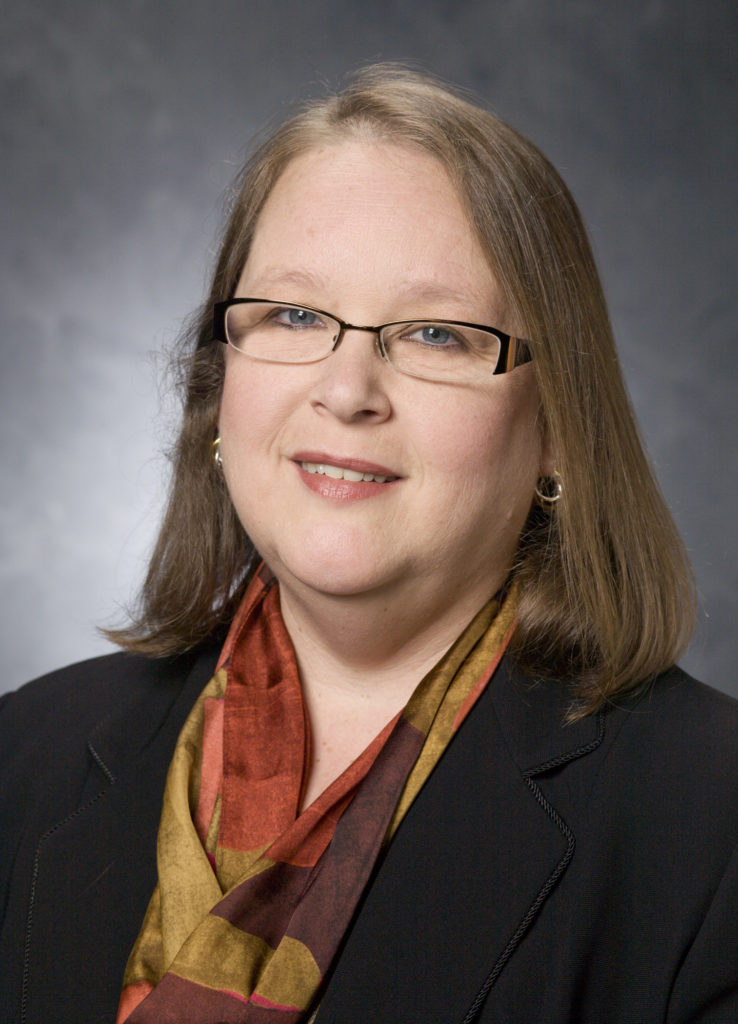Jessica Kissinger is always in a hurry. An airplane may be waiting to take this expert in parasite genomics to a conference in Europe or Asia. A student may be standing in the hall waiting to discuss a grade. And she needs to get back to her research, which is helping re-imagine how scientists use computers to study disease.
An intense woman who has trouble sitting still, Kissinger only begins to relax when she starts to explain her work on the genomes of parasites and how learning more about them can lead to new drugs that can limit sickness and death among the earth’s suffering millions.
As an undergraduate, Kissinger went to the University of Chicago, where she studied evolutionary biology. But she was also deeply interested in a somewhat more arcane field: the history and philosophy of science. That cross-cultural kind of thinking has colored her work since then.
“I was troubled, as I studied resistant bacteria, that the main method of preventing the diseases they cause was to ‘kill the bugs,’ as opposed to understanding them,” says Kissinger.
At the end of her third year, she realized that what she really wanted to study was molecular phylogeny-how traits evolve in organisms at the molecular level. If science could understand disease-causing organisms better, she reasoned, there would almost certainly be a better way to control them and the diseases they cause.
When Kissinger began work on her doctorate at Indiana University, she studied development in sea urchins, using that fascinating creature as the basis for her research on the processes of evolution.
But she was still interested in disease processes. She spent a year on a postdoctoral fellowship with the National Institutes of Health in Bethesda, Md., where she began to investigate Plasmodium, the parasite that causes malaria, a disease that still sickens or kills millions of people each year, mostly children. Then she and her husband went to his native Brazil, where she spent 1996-98 as a postdoctoral fellow in the city of Belo Horizonte. A final postdoctoral fellowship at the University of Pennsylvania turned into a lectureship.
Kissinger chose to take her first full-time faculty position at UGA as one of three new hires in the recently formed Center for Tropical and Emerging Global Diseases, with an academic home in the department of genetics. She is passionate about teaching. In addition to teaching her students at UGA, she has been a frequent teacher to groups all over the world through the World Health Organization.
Kissinger’s work and range of interests can be divided into two areas: the data world and the bio world.
In the data world, she is working with UGA’s department of computer science to develop databases for parasitic genomes. The databases are completely reorienting approaches to research, both in genomes and in the computer applications needed to utilize the information.
Kissinger’s fascination with her data world is growing by the day, but her work in the bio world is just as intense. It involves the relatively new field of comparative genomics. She and her research team focus on (but are not limited to) studies of the phylum Apicomplexa, which includes an estimated 5,000 species, all of which are believed to be parasitic.
The Apicomplexa have a rich evolutionary history that makes understanding them in the laboratory setting a crucial adjunct to the database work. Kissinger’s lab now has a number of projects under way, on such species as Toxoplasma and the AIDS pathogen Cryptosporidium.
“The need is urgent,” she says, “since science at present has no efficient cure for any of the diseases caused by Apicomplexan parasites such as malaria or cryptosporidosis.”
